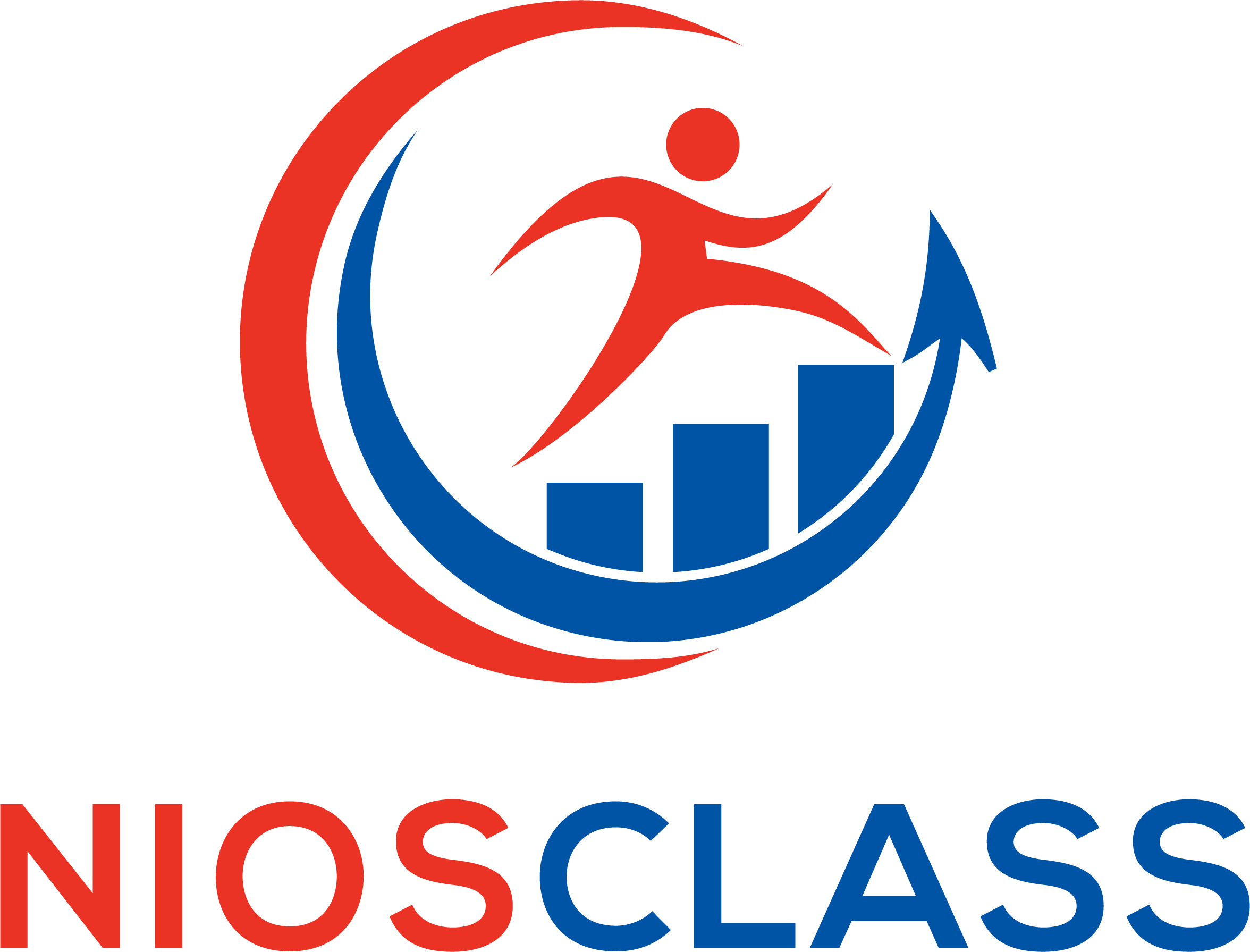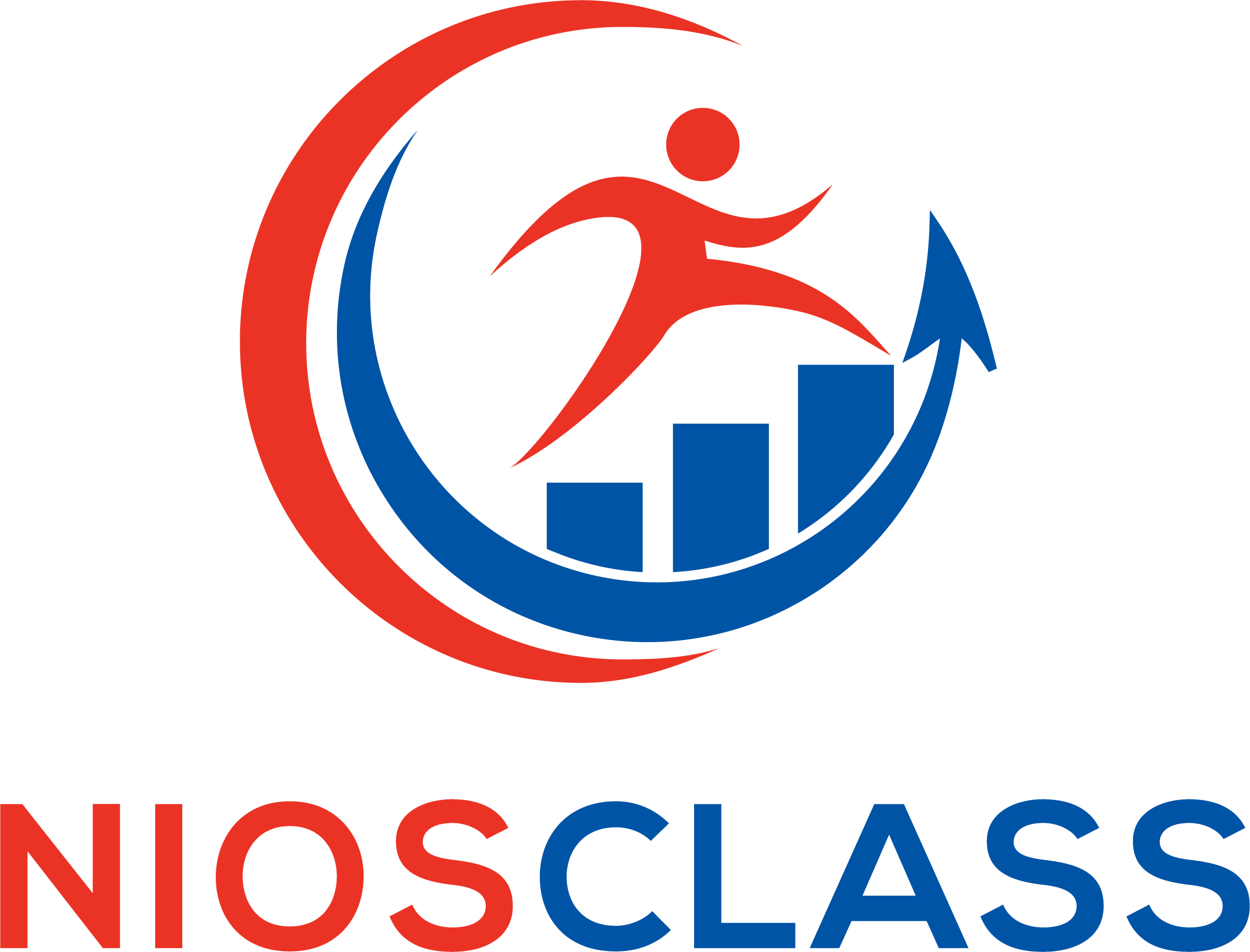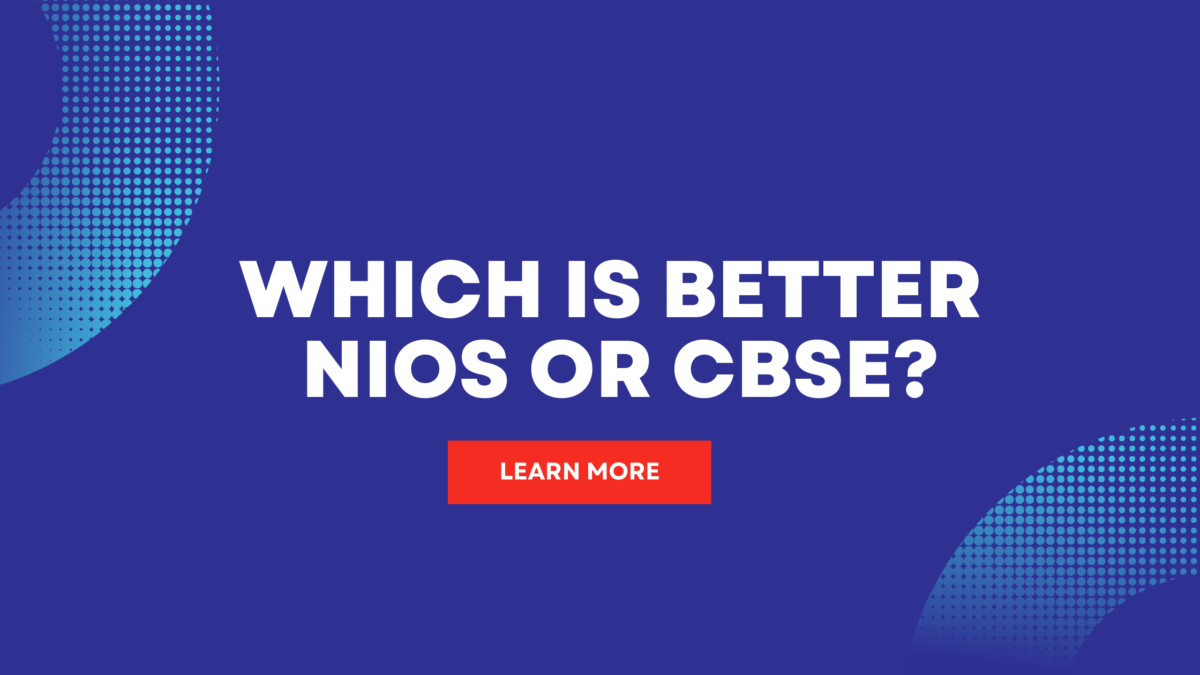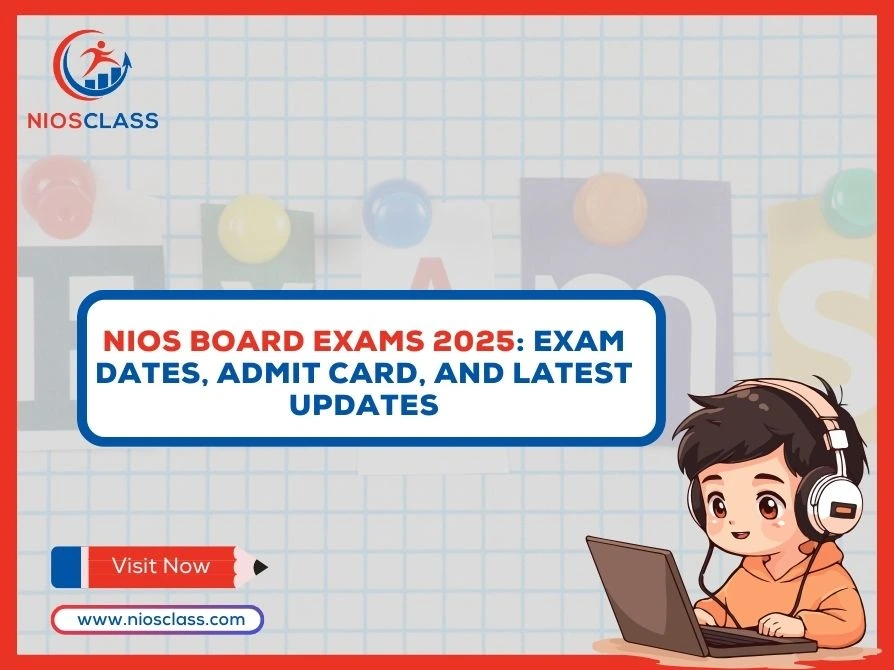
Who is eligible for on demand NIOS?
December 1, 2022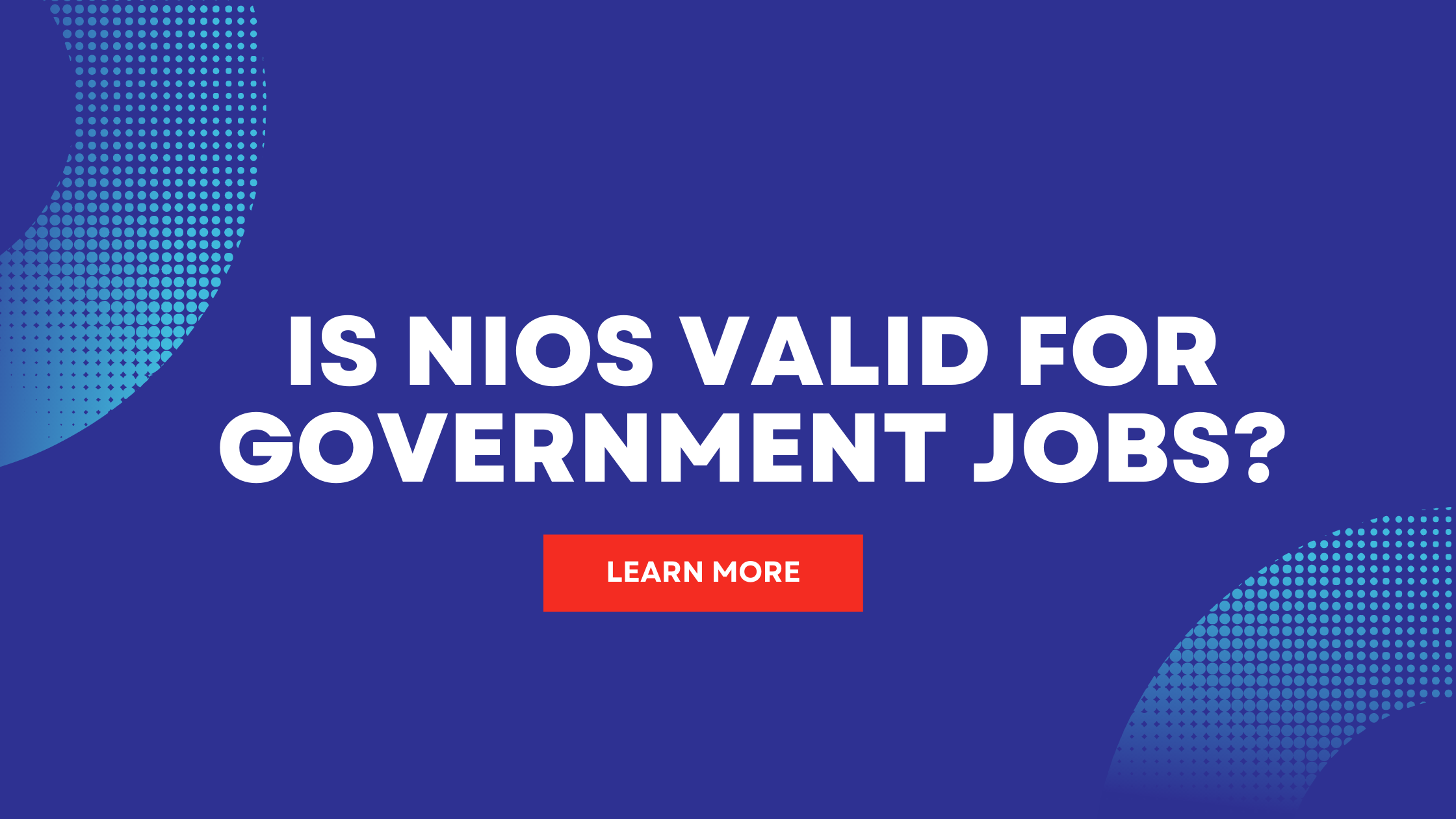
Is NIOS valid for Government jobs?
December 14, 2022When it comes to choosing the right board of education for your academic journey, two names often come up: the National Institute of Open Schooling (NIOS) and the Central Board of Secondary Education (CBSE). Both have their unique features, advantages, and challenges. We shall help you understand the differences between NIOS and CBSE, focusing on their ease of learning, equivalency, and difficulty level.
Is NIOS Easier Than CBSE?
One of the common questions among students and parents is whether NIOS is easier than CBSE. The perception of ease often depends on individual learning styles and needs.
Flexibility in Learning: NIOS is known for its flexible learning approach. Students can choose their subjects, study at their own pace, and appear for exams when they feel ready. This flexibility makes NIOS a preferable option for those who need a less structured and more personalized learning environment. It is particularly beneficial for students who are involved in sports, arts, or other activities that require a flexible schedule.
Examination System: The examination system in NIOS is designed to reduce pressure on students. They can appear for exams in parts, known as the On-Demand Examination System (ODES), which allows them to take exams when they are ready. This reduces the stress of studying multiple subjects at once, a common challenge in CBSE where all exams are conducted within a short period.
Curriculum: The NIOS curriculum is designed to be more application-based and practical, making it easier for some students to grasp concepts. In contrast, CBSE follows a more traditional and structured approach, which can be rigorous for students who struggle with a conventional learning style.
Is NIOS Equivalent to CBSE?
Equivalency is a critical factor when comparing NIOS and CBSE, especially concerning higher education and job opportunities.
Recognition: Both NIOS and CBSE are recognized by the Government of India. NIOS is a national board under the Ministry of Education, just like CBSE. Certificates issued by NIOS are valid and recognized for higher education, competitive exams, and employment purposes. This means that, in terms of legal standing and recognition, NIOS is equivalent to CBSE.
Higher Education: Students from NIOS are eligible to apply for admission to universities and colleges in India and abroad, just like CBSE students. However, it is essential to check specific requirements of institutions as some may have particular preferences or additional criteria for NIOS students.
Employment: In the job market, NIOS certificates hold the same value as those from CBSE. Government jobs and many private sector opportunities recognize NIOS as equivalent to CBSE. However, some employers may be more familiar with CBSE due to its long-standing presence, which could influence their preference in certain cases.
NIOS vs. CBSE Difficulty Level
The difficulty level between NIOS and CBSE is another significant consideration for students and parents.
Study Material and Syllabus: The NIOS syllabus is often considered less intensive than CBSE. It focuses more on vocational, life skills, and practical knowledge, whereas CBSE has a more comprehensive and detailed syllabus. This can make NIOS less challenging for students who prefer a broader but less in-depth approach.
Teaching Methodology: CBSE schools typically follow a more traditional classroom-based teaching method with regular tests and assessments, which can be rigorous and demanding. NIOS, on the other hand, promotes self-learning and provides resources like video lectures, self-instructional material, and online courses, which can be easier for self-motivated students.
Examination Rigor: CBSE exams are known for their strict invigilation and standardized question papers, which maintain a high level of difficulty. NIOS exams, while standardized, offer the flexibility of ODES, making the examination process potentially less stressful and more manageable for some students.
Performance Pressure: The pressure to perform in CBSE is often higher due to the traditional schooling system’s competitiveness and peer pressure. NIOS, with its flexible approach, tends to reduce this pressure, allowing students to focus on their individual progress and understanding.
Conclusion
Deciding between NIOS and CBSE depends largely on the student’s learning style, future goals, and personal circumstances. NIOS Class offers flexibility, less stress, and practical learning, making it suitable for students who need a non-traditional approach to education. CBSE, with its structured curriculum and rigorous assessment, is ideal for students who thrive in a competitive and conventional academic environment.
Both NIOS and CBSE are recognized and hold value in higher education and employment sectors. Therefore, the choice should be made based on which system aligns best with the student’s needs, abilities, and long-term objectives. Whether you choose NIOS or CBSE, both boards provide pathways to successful academic and professional careers.
